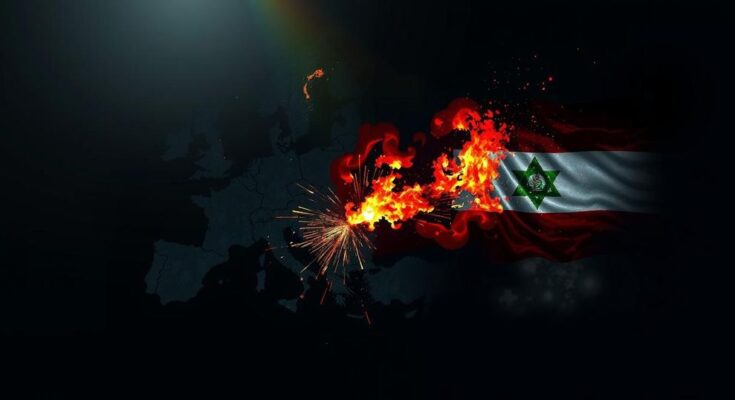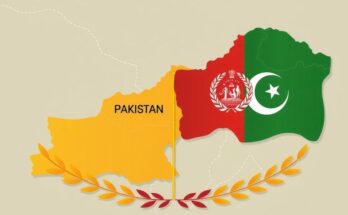Bechara Khairallah, a political analyst, questioned the viability of ceasefire initiatives between Israel and Lebanon, labeling the current optimism as artificial. He cited Hezbollah’s influence and Iran’s concerns as major roadblocks to any agreement, asserting that a resolution is unlikely before the inauguration of President-elect Donald Trump on January 20.
In a recent interview with Saudi news channel Al-Hadath, political analyst Bechara Khairallah expressed skepticism regarding the ongoing ceasefire initiatives between Israel and Lebanon. He characterized the prevailing optimism surrounding an impending agreement as “artificial,” suggesting it serves to create false hope just prior to President-elect Donald Trump’s inauguration. Khairallah noted that no resolution is likely before January 20, citing Israeli Prime Minister Benjamin Netanyahu’s unwillingness to afford outgoing President Joe Biden a diplomatic success.
Khairallah underscored that one of the significant obstacles to achieving an agreement is Hezbollah, which holds considerable military and political influence in Lebanon. He stated, “In Lebanon, any stable solution requires the disarmament of Hezbollah—something Iran will never agree to.” Consequently, he indicated that unless Hezbollah relinquishes its arms, a viable agreement remains elusive.
Further, Khairallah discussed Iran’s apprehensions regarding ceasefire discussions, explaining that Tehran fears a post-ceasefire Israeli offensive on its facilities. He remarked, “The Iranians don’t want to see a ceasefire that ends the war because they know it will pave the way for Israeli progress toward those strategic objectives.” Even if negotiations were to commence, Khairallah concluded that meaningful progress would not occur in the near future, emphasizing that any proposed settlements, especially those from Israel, remain impractical.
Ultimately, Khairallah’s assessment presents a stark reality: the aspirations for a ceasefire and broader peace are still significantly distant, hindered by longstanding political and militaristic challenges.
The complex relationship between Israel and Lebanon, particularly with regard to Hezbollah, remains fraught with numerous challenges that obstruct peace negotiations. Recent developments leading up to a change in U.S. presidential leadership have also contributed to uncertainties in diplomatic relations. Analysts, such as Bechara Khairallah, have raised concerns about the feasibility of optimistic projections for a ceasefire, particularly in light of regional dynamics and the prevalent influence of Iran.
In conclusion, Bechara Khairallah’s insights reveal that the optimism surrounding a ceasefire between Israel and Lebanon is unfounded. Key factors, including the dominance of Hezbollah and Iran’s strategic considerations, render any potential agreement unlikely in the immediate future. As political conditions evolve, it remains critical to assess the implications of these longstanding tensions on regional stability and diplomatic efforts.
Original Source: www.jpost.com




